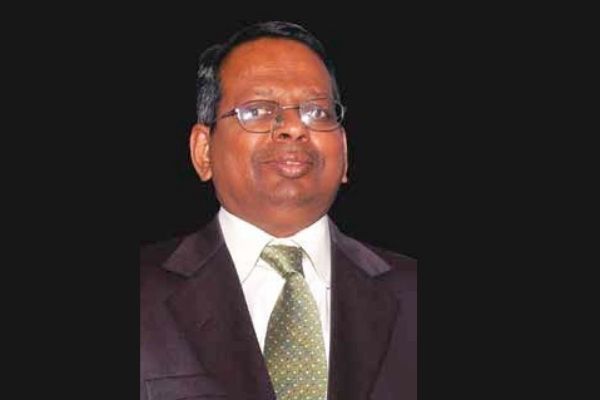
The National Optic Fibre Network is undoubtedly going to be a game changer. It would connect 2,50,000 gram panchayats to the mainstream, hence enabling inclusive growth and facilitating socio-economic transformation
N Ravi Shankar,
Administartor (USOF) and CMD, Bharat Broadband Network Limited
To enable ICT applications and to have outcomes we need to have very good infrastructure. The National Optic Fibre Network (NOFN) is an initiative of the Department of Telecommunications, Government of India, for the purpose of creating e-infrastructure across the country. It would connect 2,50,000 gram panchayats to the mainstream. Right now optic fibre network is present only up to the block level and the endeavor of the Department of Telecom is to ensure that this reaches the gram panchayats as well so that our villages become part of inclusive growth.

We have started pilot projects in three states, with Rajasthan being one of them. In Arian block of Ajmer district, Rajasthan, 30 gram panchayats have been wired up and 100 mbps has been made available. This bandwidth is far higher than what even the residents in urban areas have. The idea is if you have high quality bandwidth then all the activities such as telemedicine, e-Learning, e-Governance, e-Commerce can be enabled. This will give an opportunity to villagers to move out of the poverty line. It is part of the inclusive growth story that if you take infrastructure to the villages, you will facilitate their socioeconomic transformation as well.
Public Private Panchayat Partnerships shall be the ecosystem as panchayats are an important partner in the whole progress

Often IT is thought of as some instant transformation process. But in countries like India we consider it as an incremental transformation because there are many other factors that go into creating the ecosystem for transformation. Three major policies by the Ministry of Communication and IT, namely the National Telecom Policy, the National Policy on IT and the National Policy on Electronics are dependent on the infrastructure that is expected to be created by the NOFN. For instance, the National Telecom Policy seeks to have 600 million broadband connections by 2020. This will be possible only when the rollout of the NOFN does occur. The government expects to roll out the project by December 2030, which is a tough deadline. Fund is not a problem for this project though. This initial estimate of the project was `20,000 crore and we expect that the NOFN project would be funded entirely by the USOF. The Bharat Broadband Network Limited is a special purpose vehicle created for this project.
As for the ecosystem and participation process for the project, it is Public Private Panchayat Partnerships, because panchayats are an important partner in the whole progress. We need to ensure that first of all the IT content being provided to the masses is in local flavour. This implies that a lot of IT developers would be needed to ensure that the back-end content generated is relevant. Secondly, a lot of indigenously developed, affordable devices would be needed that are accessible to the local area. The third thing is competitive prices. The data sector will have to monitor the competition among players and ensure that on the strength of content and devices being very affordable, competitive tariff is also created for the total ecosystem for broadband to take off.
NOFN is undoubtedly going to be a game changer. All development indicators can be monitored and this broadband network could definitely facilitate growth. We have to use the combination of both hand-held devices and also desktops and laptops, to see that we are able to create the genesis of growth. I think all of these would be definitely go to create an inclusive paradigm. I would think that this broadband will create a world of change for Rural India. Fifty years ago people used to say Mera Gaon Mera Desh, but now with broadband penetration spreading up to village levels and helping citizens avail various services online in their villages, the future generation will coin a new slogan; Mera Desh Mera Gaon. And this will be due to combination of ICT and broadband infrastructure.
Be a part of Elets Collaborative Initiatives. Join Us for Upcoming Events and explore business opportunities. Like us on Facebook , connect with us on LinkedIn and follow us on Twitter, Instagram.











